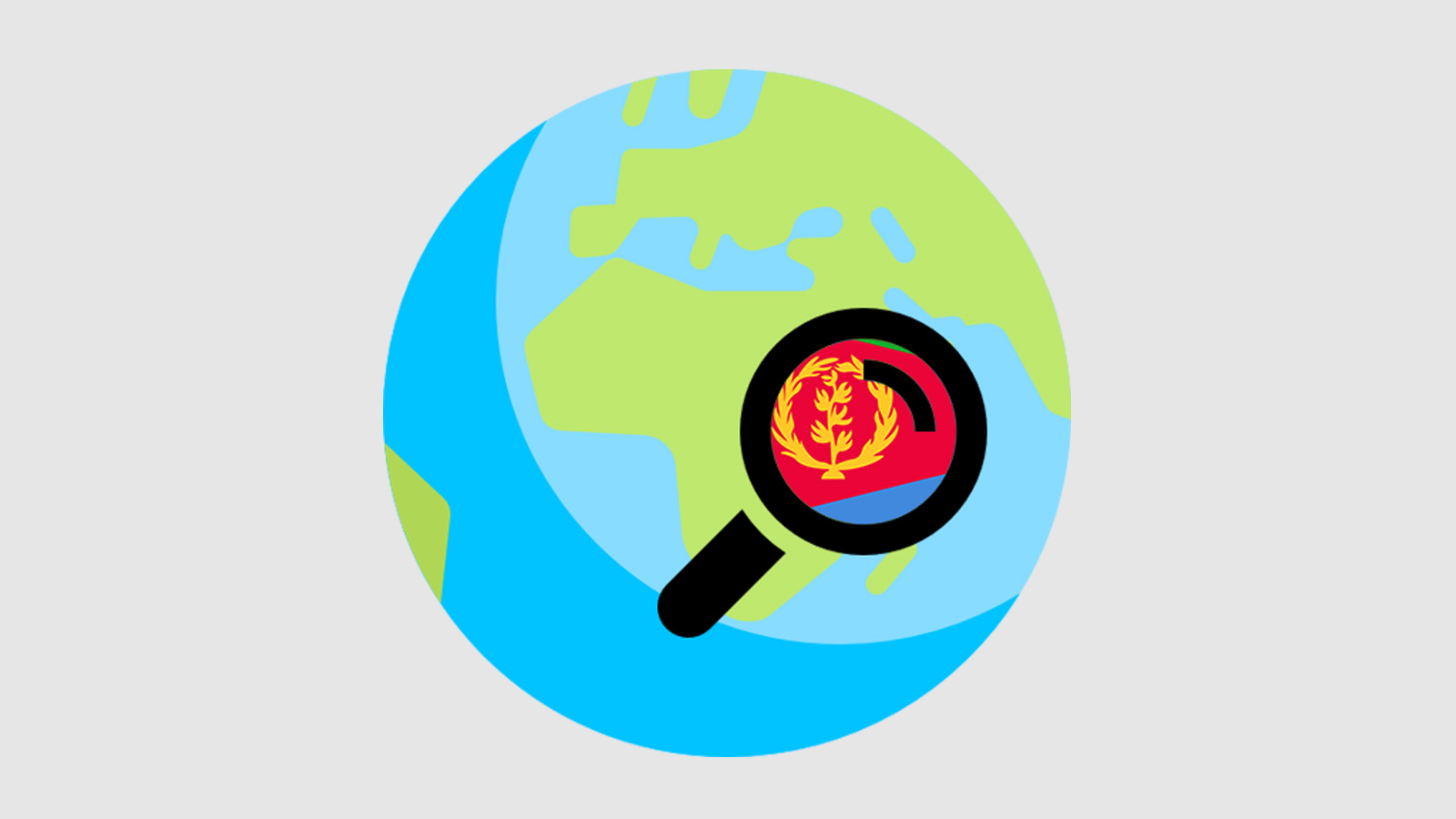In a letter released ahead of the UN Human Rights Council’s 53rd session (19 June-14 July 2023), 35 NGOs urge states to support the adoption of a resolution that extends the mandate of the Special Rapporteur on Eritrea and highlight the need for a strong resolution that clearly spells out and condemns the ongoing human rights violations committed by Eritrean authorities at home and abroad.
“We believe that the Council cannot follow a ‘business as usual’ approach,” the signatories write, “and that it is time for it to move beyond merely procedural resolutions that extend the Special Rapporteur’s mandate.”
By this, they mean that the Council should produce an assessment of Eritrea’s human rights situation and adopt a strong, meaningful resolution that mentions key human rights issues in Eritrea. These include arbitrary arrests and detentions, violations of the rights to a fair trial, access to justice, and due process, enforced disappearances, conscription into the country’s abusive national service system, including for indefinite periods of time, severe restrictions on civic space, and widespread impunity for past and ongoing violations.
The signatories reiterate that the Eritrean government has refused to engage in a serious dialogue with the international community, and that for decades, Eritrean authorities have blatantly denied committing serious human rights violations, including in relation to the presence of Eritrean forces in Ethiopia’s Tigray region.
The letter contains an annex that analyses Council resolutions on Eritrea to date (2012-2022).
Read the full letter: English / version française.

